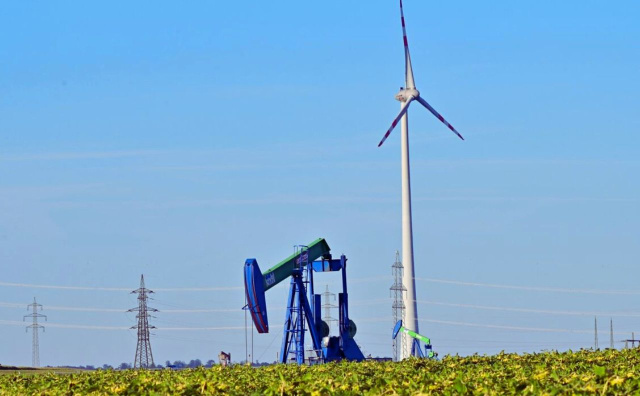Bulgaria stands at a pivotal moment in its energy strategy, with the potential to become a major energy exporter if it navigates its geopolitical and domestic energy policies effectively. The country’s energy future hinges on natural gas, which can act as a bridge between coal, nuclear, and renewable sources, ensuring both baseload electricity and energy independence.
Russia’s war in Ukraine has prompted Bulgaria, along with other European nations, to rethink energy security alongside the EU’s Green Deal targets. The Balkans are a critical junction for gas distribution, oil refining, and international sanctions, with political and economic alignments in the region set to define energy sovereignty. Analysts Rashmi Singh and Philip H. Bay emphasize that the era of Russia’s dominance over European energy is ending, creating an opening for Bulgaria to assert itself as a strategic hub.
Bulgaria’s energy sector remains heavily coal-dependent, with lignite-fired power plants supplying up to 35% of electricity. The shutdown of four Soviet-era reactors at Kozloduy has further increased reliance on coal, while baseload electricity from coal remains essential. Transitioning to renewables will require substantial investment in infrastructure, storage, and regulatory reform, as intermittent power sources alone cannot replace coal reliably. Small modular reactors and advanced geothermal technologies are promising but not yet commercially viable.
Natural gas is increasingly important, with pipelines crossing Bulgaria linking the country to Central Europe. Although domestic shale gas exploration was halted in 2012 amid protests and geopolitical pressures, the potential reserves in Novi Pazar and offshore Black Sea blocks could secure energy independence and provide export opportunities. Modern fracking technologies, carbon capture, and AI monitoring make large-scale extraction safer and more efficient.
Bulgaria’s position as a transit country, combined with strategic development of domestic resources, could allow it to gradually phase out coal while maintaining reliable baseload power through gas and nuclear energy. Renewable energy integration, alongside investment in storage and technological innovation, would strengthen the country’s energy sovereignty, positioning it as a significant player in the regional energy market.
Analysts stress that Bulgaria’s success will depend on balancing energy security, EU climate commitments, and geopolitical maneuvering to establish a stable and independent energy future.
Source: The National Interest
